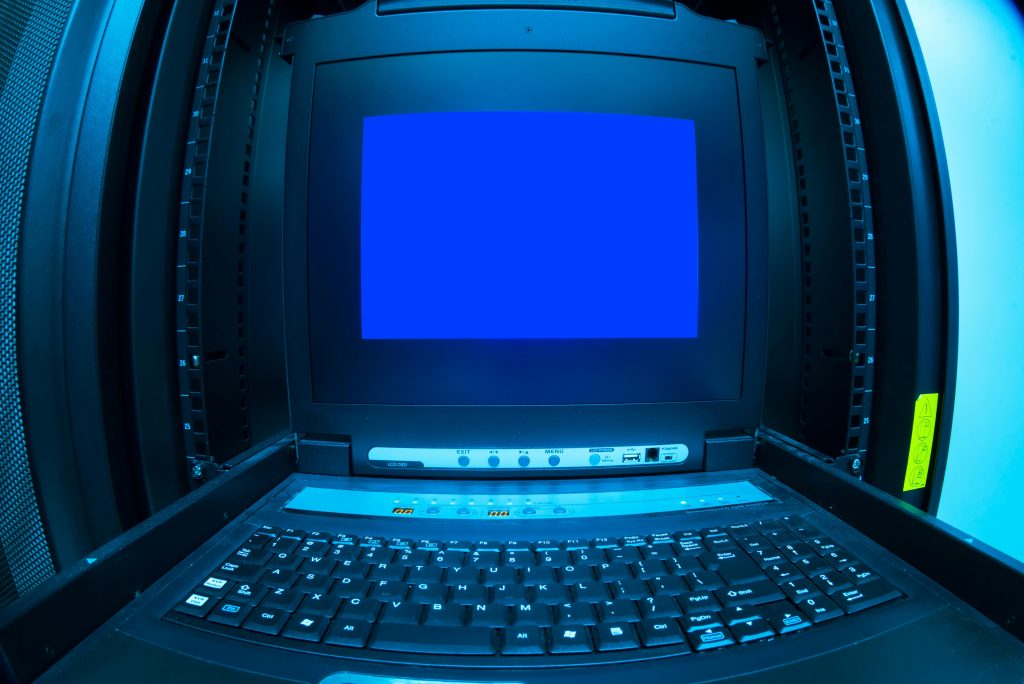A Comprehensive Guide to Choosing the Most Reliable External Hard Disk for Sensitive Data
In an age where digital data is integral to both personal and professional spheres, safeguarding this information is critical. Whether it’s family photos, personal documents, or sensitive business files, having a reliable external hard disk for data backup is a necessity. This blog post aims to demystify the process of selecting an external hard disk, emphasizing reliability and durability, particularly for those like you who might feel lost amidst technical jargon. We will explore key considerations, top brands, and technologies to help you make an informed decision.
Understanding External Hard Disks
Before delving into specific products, it’s important to understand what external hard disks are and how they function. Fundamentally, an external hard disk is a portable device used to store data, which can be easily connected to a computer via USB, Thunderbolt, or eSATA interfaces. These devices are particularly useful for backups, file transfers, and expanding storage capacity beyond what a computer internally offers.
Key Features to Consider
When choosing an external hard disk, especially for sensitive data, several factors should be evaluated:
1. Storage Capacity
External hard disks come in various storage capacities, ranging from a few gigabytes (GB) to several terabytes (TB). Depending on your usage and data volume, choose a capacity that not only meets your current needs but also allows future expansion. For personal use, 1-2 TB might be sufficient, while professionals dealing with large volumes of data may require 4 TB or more.
2. Data Transfer Speed
The speed at which data is transferred between the computer and the external disk is crucial, especially when dealing with large files. This speed is often determined by the connection interface:
– USB 3.0/3.1: Offers satisfactory speeds for general use.
– USB-C: Provides faster transfer rates and is becoming standard across newer devices.
– Thunderbolt 3/4: Best for professional contexts where speed is paramount, such as video editing.
3. Durability and Build Quality
For sensitive data, it’s vital your external disk is built to withstand physical shocks and potential drops. Look for devices marketed as ruggedized or featuring shock resistance. Additionally, consider water and dust resistance ratings if the drive will be used in variable environments.
4. Security Features
Data security cannot be compromised, especially for sensitive information. Look for external disks with built-in hardware encryption and password protection. Some brands even offer biometric authentication for enhanced security.
5. Compatibility
Ensure the external disk is compatible with your operating system (Windows, macOS, Linux) and can be easily integrated into your current setup without additional software.
Top External Hard Disk Brands and Models
Several brands have established themselves as leaders in providing high-quality external storage solutions:
Western Digital (WD)
- WD My Passport Ultra: Known for its compact design and password protection with hardware encryption, it is a reliable choice for everyday data backup.
- WD Elements: Offers great value with higher capacity options, ideal for users needing significant storage space.
Seagate
- Seagate Backup Plus Slim: Popular for its slim profile and broad compatibility. It provides a balanced mix of speed, capacity, and price.
- Seagate Expansion: Offers straightforward backup processes and ample storage options.
LaCie
- LaCie Rugged Mini: Known for its rugged design, resistant to shock, rain, and pressure, making it an excellent option for outdoor and on-the-go usage.
Samsung
- Samsung T5/T7 Portable SSD: Combining speed with a durable design, these SSDs offer blazing fast transfer speeds with added benefits of password protection.
HDD vs. SSD: Which is Better?
When considering an external disk, the choice between HDD (Hard Disk Drive) and SSD (Solid State Drive) is pivotal. Here’s a breakdown of their differences:
-
Hard Disk Drives (HDD): Utilizes spinning disks to read/write data. They are generally more affordable and come in larger capacities than SSDs. Ideal for users prioritizing cost and capacity over speed.
-
Solid State Drives (SSD): Employs flash memory, making them significantly faster and more shock-resistant than HDDs. SSDs are preferable for users who need quick access to data and are willing to pay a premium for speed and reliability.
Tips for Protecting Your Data
Acquiring an external hard disk is just the first step. Here are some tips to further ensure your data’s safety:
Regular Backups
Establish a regular backup schedule to ensure your data is always current and secure. Cloud integration with hard drives can also provide an additional layer of security.
Encryption and Security Software
Besides hardware encryption, using reputable security software can provide additional protection against unauthorized access.
Safe Handling
Despite durability claims, treat your external disk with care to prevent accidental damage. Use cases or pouches for added protection during transport.
Keep Software Updated
Ensure any software associated with your external drive is up to date, which can offer the latest in performance enhancements and security protections.
Making an Informed Decision
Living in the EU, you have access to a variety of brands and models. It’s advisable to check for warranties, customer support, and regional availability when making a purchase. Online reviews and community feedback, like those on Reddit or specialized tech forums, can provide real-world insights into the reliability and performance of specific models.
In conclusion, securing your sensitive data with the right external hard disk is a worthwhile investment. By considering factors such as capacity, speed, durability, security, and compatibility, you’ll be better prepared to choose a disk that meets your needs. Whether you’re prioritizing speed with an SSD or value with an HDD, today’s market offers suitable options for everyone. Ensure to back up your data regularly and handle your device with care to maximize its lifespan and efficiency.
We hope this guide helps you navigate the myriad options available and leads you to find a reliable and durable solution for your data backup needs. Happy shopping, and may your data always remain safe and secure.
Share this content:




Response to “A Comprehensive Guide to Choosing the Most Reliable External Hard Disk for Sensitive Data”
Thank you for this thorough and insightful guide on choosing an external hard disk. It’s crucial to have clear and actionable advice when it comes to safeguarding our sensitive data. I would like to add a few points that could further enrich the discussion:
1. The Importance of Backups
Your article rightly emphasizes the need for regular backups. I would recommend implementing a 3-2-1 backup strategy: keep three copies of your data, on two different media, with one copy stored offsite. This ensures that even if one hard disk fails, your data remains protected.
2. SSDs vs. HDDs
While you’ve provided a great comparison between HDDs and SSDs, it’s also worth mentioning that SSD prices have been decreasing steadily. For sensitive applications where speed is paramount, investing in SSD technology can minimize loading times and increase productivity, especially for tasks like video editing or software development.
3. Additional Security Measures
Alongside hardware encryption, consider using file-level encryption on your sensitive files. Tools such as VeraCrypt or BitLocker can help ensure that even if your external drive is lost or stolen, your data remains protected.
4. Ecosystem Compatibility
Thank you for sharing this comprehensive guide on external hard disks. If you’re trying to select the best external storage solution for your needs, here are a few additional tips:
If you need further assistance choosing a specific model or setting up security features, feel free to provide more details about your usage scenario or